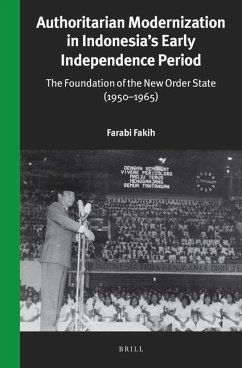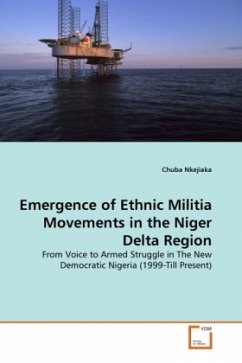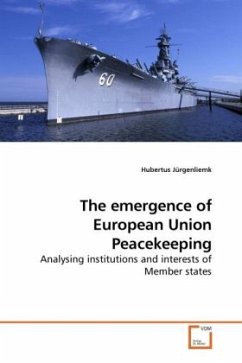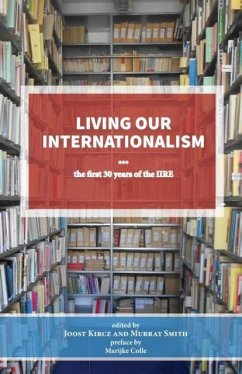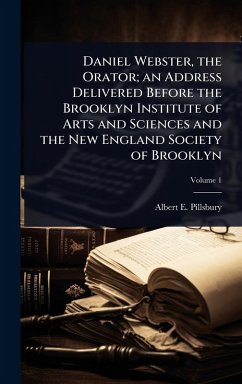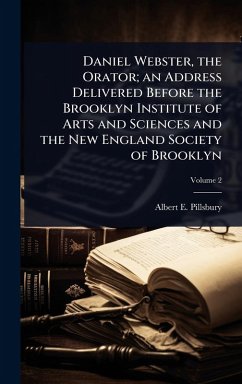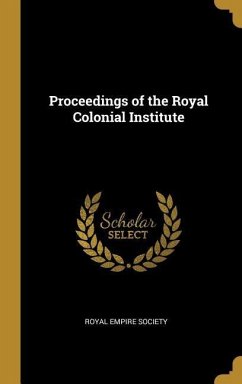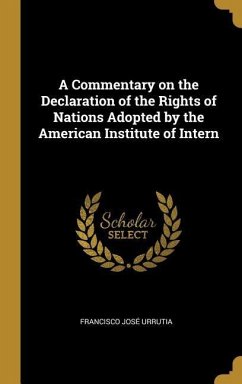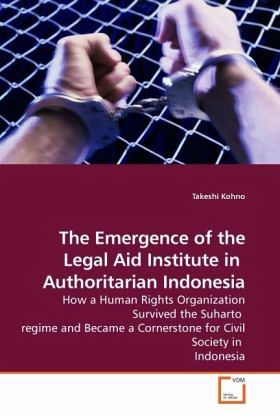
The Emergence of the Legal Aid Institute in Authoritarian Indonesia
How a Human Rights Organization Survived the Suharto regime and Became a Cornerstone for Civil Society in Indonesia
Versandkostenfrei!
Versandfertig in 6-10 Tagen
39,99 €
inkl. MwSt.

PAYBACK Punkte
20 °P sammeln!
How could a human rights organization survive in a repressive regime? This book investigates the emergence and survival of a human rights organization in the repressive Suharto regime in Indonesia. Based on extensive fieldwork soon after the fall of Suharto, this book documents the rise of the Legal Aid Institute (LBH), and its subsequent internal disputes, and its role in the emerging civil society in Indonesia. This book also proposes a new approach to understanding civil society by examining the interaction between the state and society, and how social actors in their relationship to the st...
How could a human rights organization survive in a repressive regime? This book investigates the emergence and survival of a human rights organization in the repressive Suharto regime in Indonesia. Based on extensive fieldwork soon after the fall of Suharto, this book documents the rise of the Legal Aid Institute (LBH), and its subsequent internal disputes, and its role in the emerging civil society in Indonesia. This book also proposes a new approach to understanding civil society by examining the interaction between the state and society, and how social actors in their relationship to the state find ways not only to survive in an authoritarian regime but also to actively influence the state.



